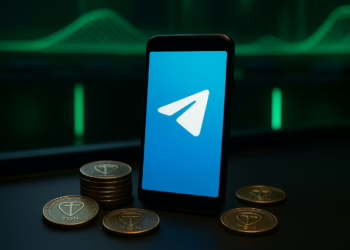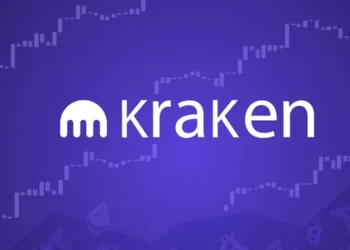Quick Breakdown
- Major UK banks, including Barclays, HSBC, Lloyds, NatWest, Nationwide, and Santander, are piloting tokenised sterling deposits.
- The project aims to deliver programmable payments, faster settlement, and stronger fraud protection by mid-2026.
- Tokenised deposits retain the trust of traditional bank money while connecting to digital assets for seamless exchange.
The UK banking sector has begun a landmark pilot to issue tokenized sterling deposits, marking a key step toward bringing traditional money into the digital era. The initiative, part of the UK Regulated Liability Network (RLN), aims to blend the reliability of regulated commercial bank deposits with the programmability and speed of blockchain technology.
I’m delighted to announce that @quant_network has been selected to create the new payments infrastructure and bank technology of the UK’s Tokenised Sterling Deposits (GBTD), a groundbreaking financial market infrastructure initiative led by UK Finance, in collaboration with major…
— Gilbert Verdian (@gverdian) September 26, 2025
Testing tokenized payments in real-world scenarios
Running through mid-2026, the pilot will explore how tokenized deposits can improve efficiency and security in three areas critical to both traditional finance and the crypto ecosystem. It will test person-to-person payments on online marketplaces to reduce fraud and enhance the confidence of both buyers and sellers. It will also trial remortgaging processes designed to speed up transactions, improve transparency, and prevent conveyancing fraud. A third use case will focus on digital asset settlement, connecting tokenised commercial bank money to on-chain assets to enable direct, secure exchange between fiat-backed tokens and crypto markets. By delivering programmable payments and faster settlement, the pilot is designed to show how regulated digital deposits can serve as a bridge between legacy banking and emerging crypto-based finance.
Collaboration between banks and blockchain innovators
Major UK banks, including Barclays, HSBC, Lloyds, NatWest, Nationwide, and Santander, are participating, supported by technology partners Quant, EY, and Linklaters. The platform will be fully interoperable across multiple forms of digital money and payment systems, ensuring even institutions without in-house blockchain capabilities can access tokenisation services. The project is expected to help maintain commercial bank money as a core part of the economy while advancing government ambitions for digital finance, including potential digital gilt issuance and the National Payments Vision.
The pilot also reflects a broader transformation in global finance. Stablecoins are rapidly reshaping cross-border payments and digital settlements, offering banks a new avenue to compete with crypto-native networks. Paxos warns that traditional banking models risk losing relevance if institutions fail to integrate stablecoin infrastructure into their operations.
If you would like to read more articles like this, visit DeFi Planet and follow us on Twitter, LinkedIn, Facebook, Instagram, and CoinMarketCap Community.
Take control of your crypto portfolio with MARKETS PRO, DeFi Planet’s suite of analytics tools.”





















